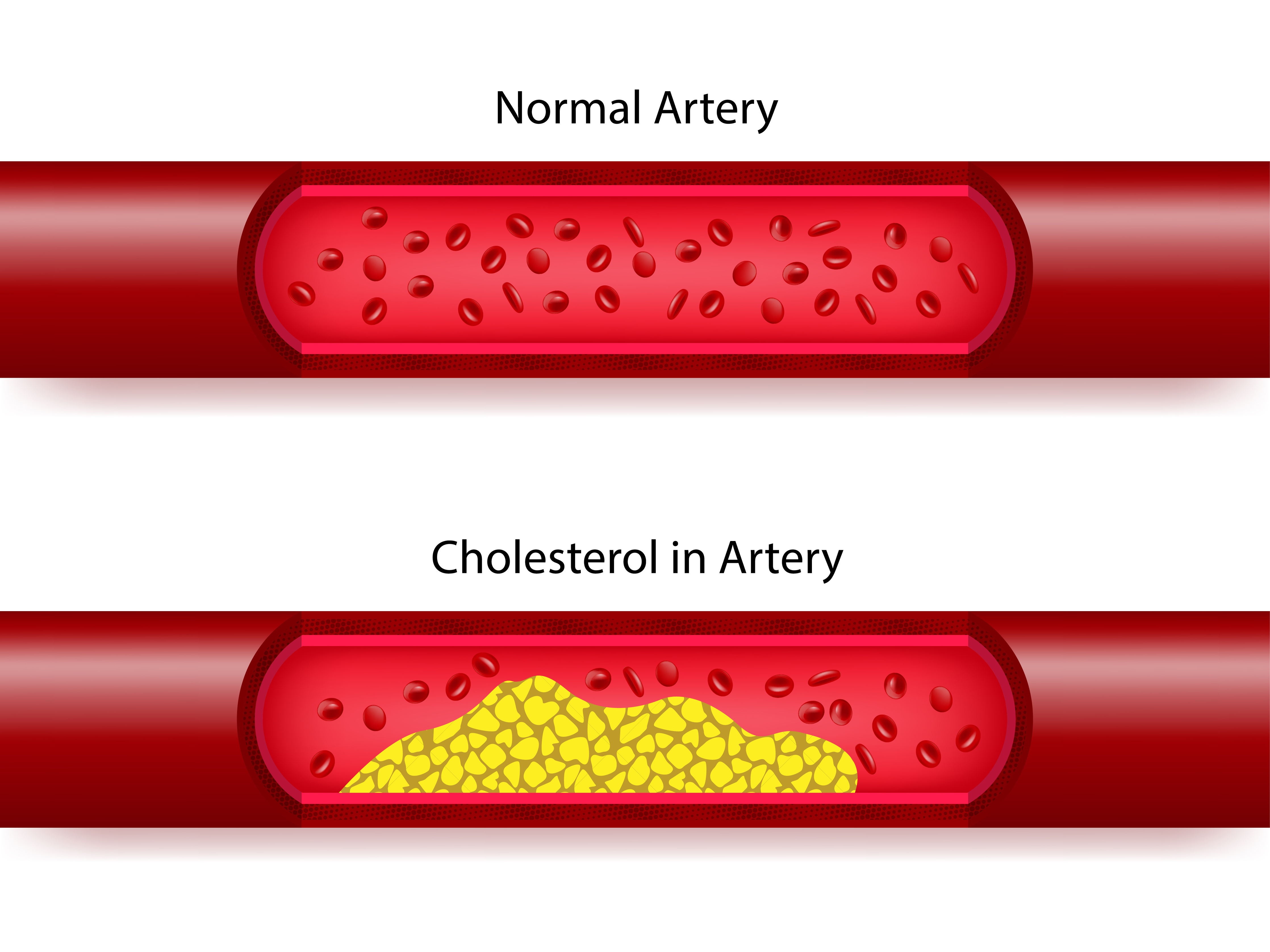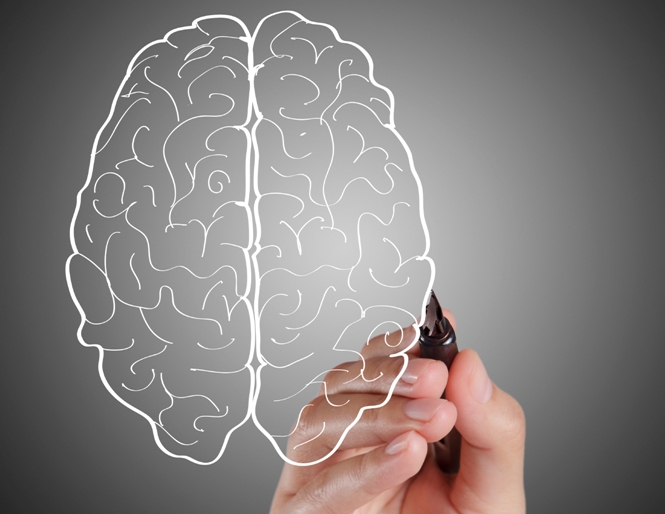Digestive enzymes are necessary to break down the food we eat. If we are not breaking down food properly, we do not gain the nutrients needed for the body to absorb and turn into energy for good digestive health.
Both kinds of digestive enzymes, animal-derived and vegetarian, are involved in many biological functions, including digestion of proteins and fats and cell signaling. Amylases digest starch, carbohydrates and sugar, Proteases digest protein and Lipases digest fats, the three principle components of food.
The Building Blocks of Life
Proteins are the “building blocks” of life, and the proteins we consume had been assembled, according to the DNA instructions in plants and animals, which we then break down into its amino acids with our digestive enzymes when we eat them, and then use our DNA to reassemble them into new proteins in our body. After we die, they will be broken down again, especially by fungus, so that our amino acids can be recycled and reassembled into another life form. The amino acids and fatty acid that make up our bodies have a long history of being components of many previous life forms, perhaps all the way back to ancient bacteria and dinosaurs.
Digestive enzymes may be the most important nutrients I prescribe for my patients, because when good digestion occurs, a lot of very important healthful benefits will happen as well.
Read More
.png?width=305&height=132&name=NIHAlogoBLUE_3_transparent%20(2).png)










